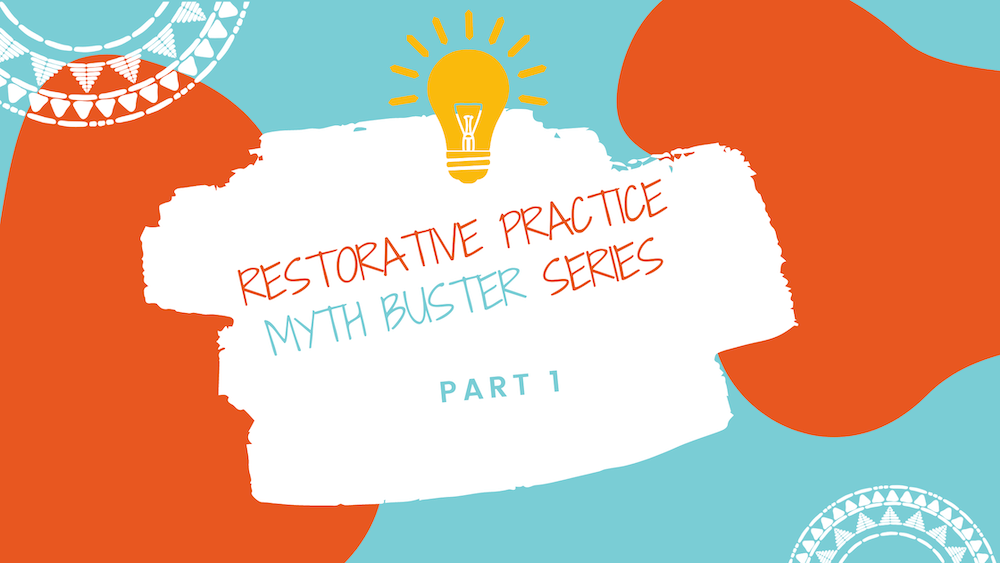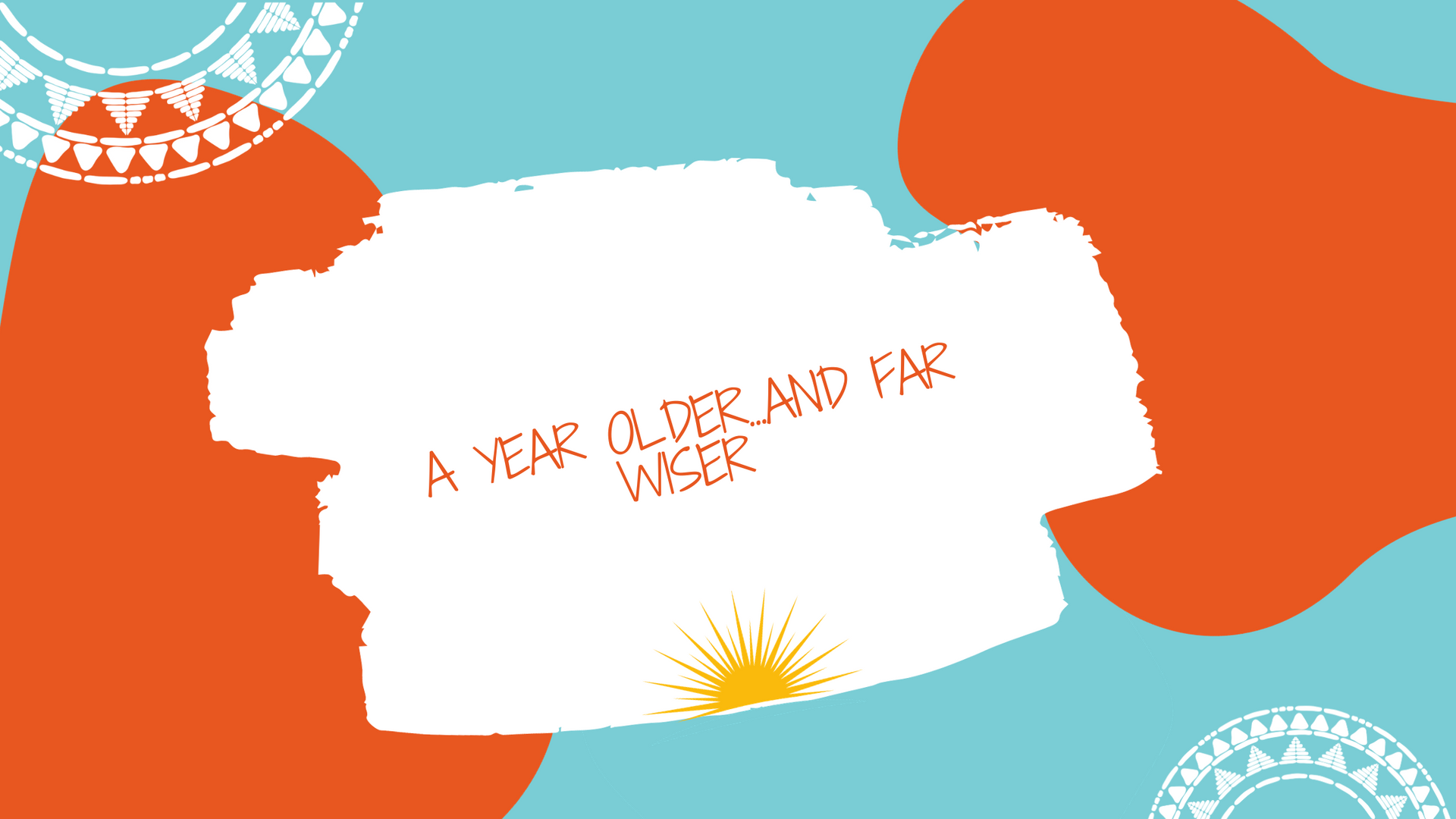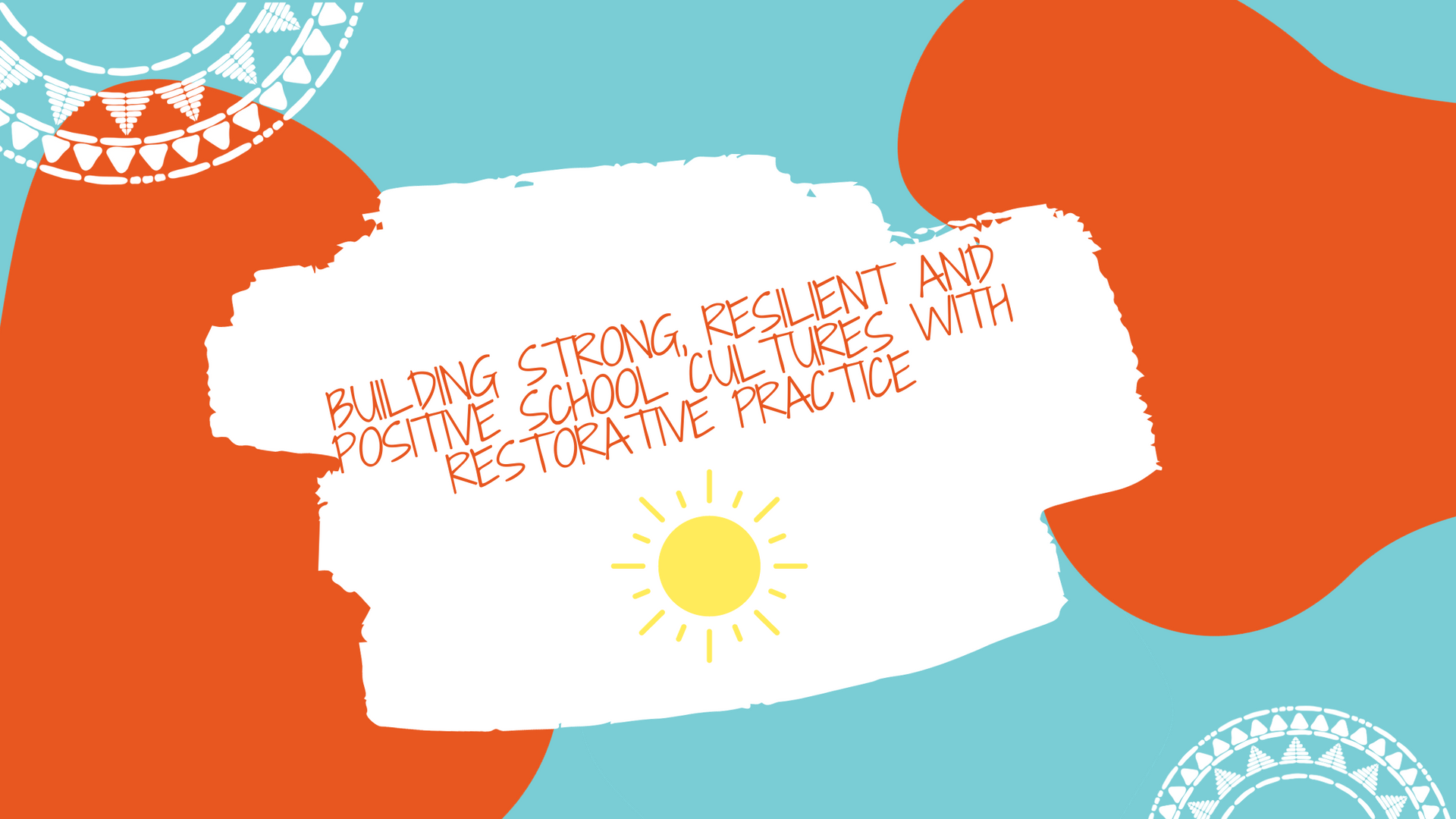Restorative Practice Myth Buster Series Part 2
In part 2 of this series, I outline some further comments I hear about Restorative Practice and explain why they are just myths.
6. Kids Can Just Learn to Say and Tell you What you Want to Hear!
I have heard some educators suggest this or that we should be elusive around the RP questions so students don’t rehears them. This isn’t about an 'I caught ya’ it is about an ‘I see you’ – your potential to do better, your worthiness of our time and potential to be part of the solution. Trust around a restorative approach can indeed take time. Some of our students have been surviving in a hostile world/place and we need to give them a reason to disarm. Sharing power, an ability to affect change and be part of the solution is key to creating safety and authentic commitment to a restorative approach. Using accountability agreements and the 3 x Es of Fair Process (Engage, Explain and Expectation clarity) can support such commitment from our students who we may feel are only tokenisticly engaging. But also, making as generous assumptions as we can and choosing to believe in our students' potential to do better is important too. What human being wouldn’t choose to be in good relationship if they knew how to cultivate it or could tolerate the risk of it. As we know, such relationships aren’t built in a day but build daily.
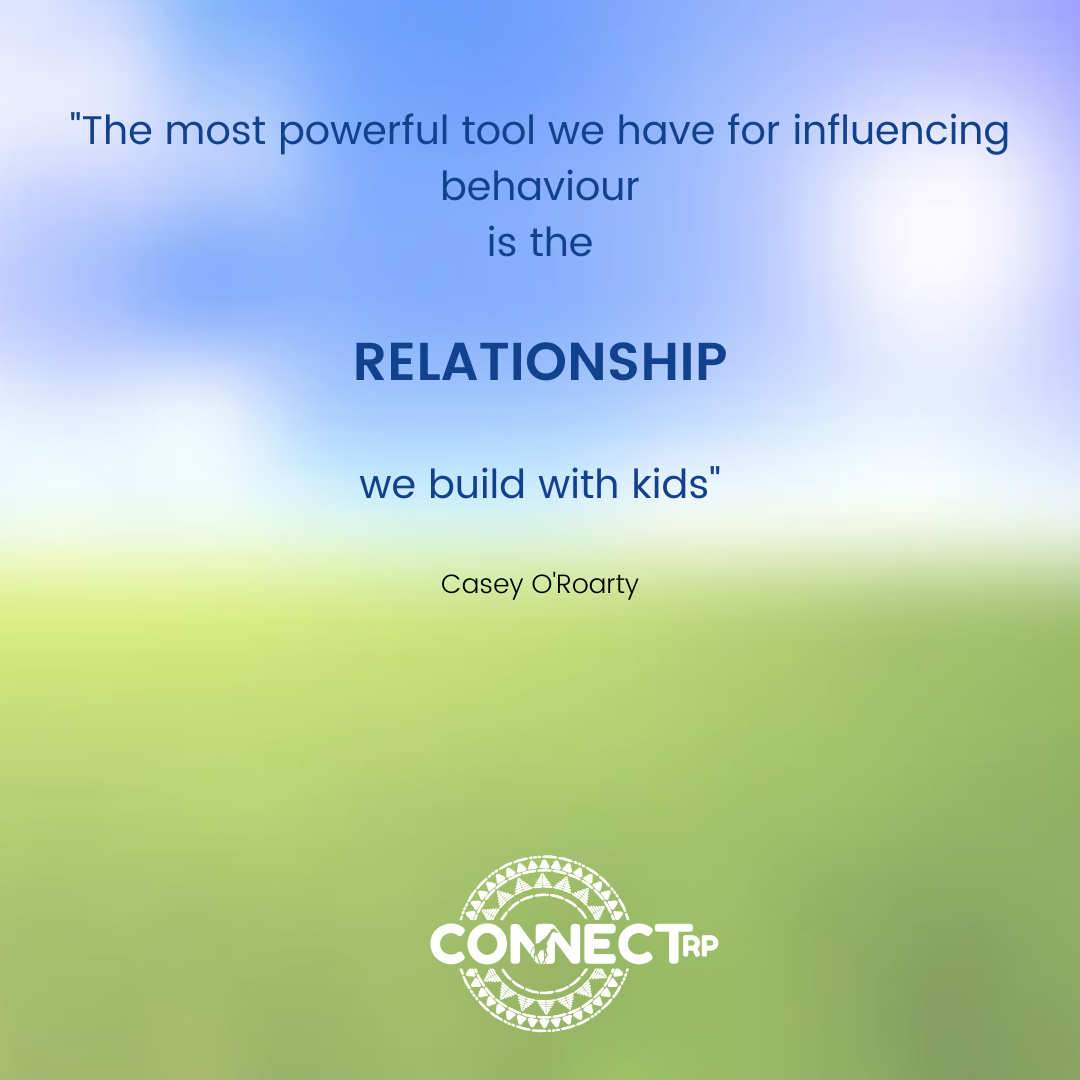
7. We Need to Make People Be Accountable
We can’t make people be accountable. We create conditions that cultivates accountability. Accountability and community are inextricable linked, when I feel like I belong here, like I matter, like I am connected, then I am accountable to this space. This is why it is important to intentionally build relationships, and also separate the deed form the doer when things go wrong, to promote the understanding that we are greater than the harm we have caused. Kay Pranis invites us to consider the notion of collective accountability - what needs to change in each of us, to take care of all of us? And what characteristics of the institution are part of the harm? Some of our students will find it difficult to have success in very rigid structures so it is important to have healthy boundaries and also looking at addressing unmet needs of our environment to create healthy communities. Community & accountability are inextricably linked!
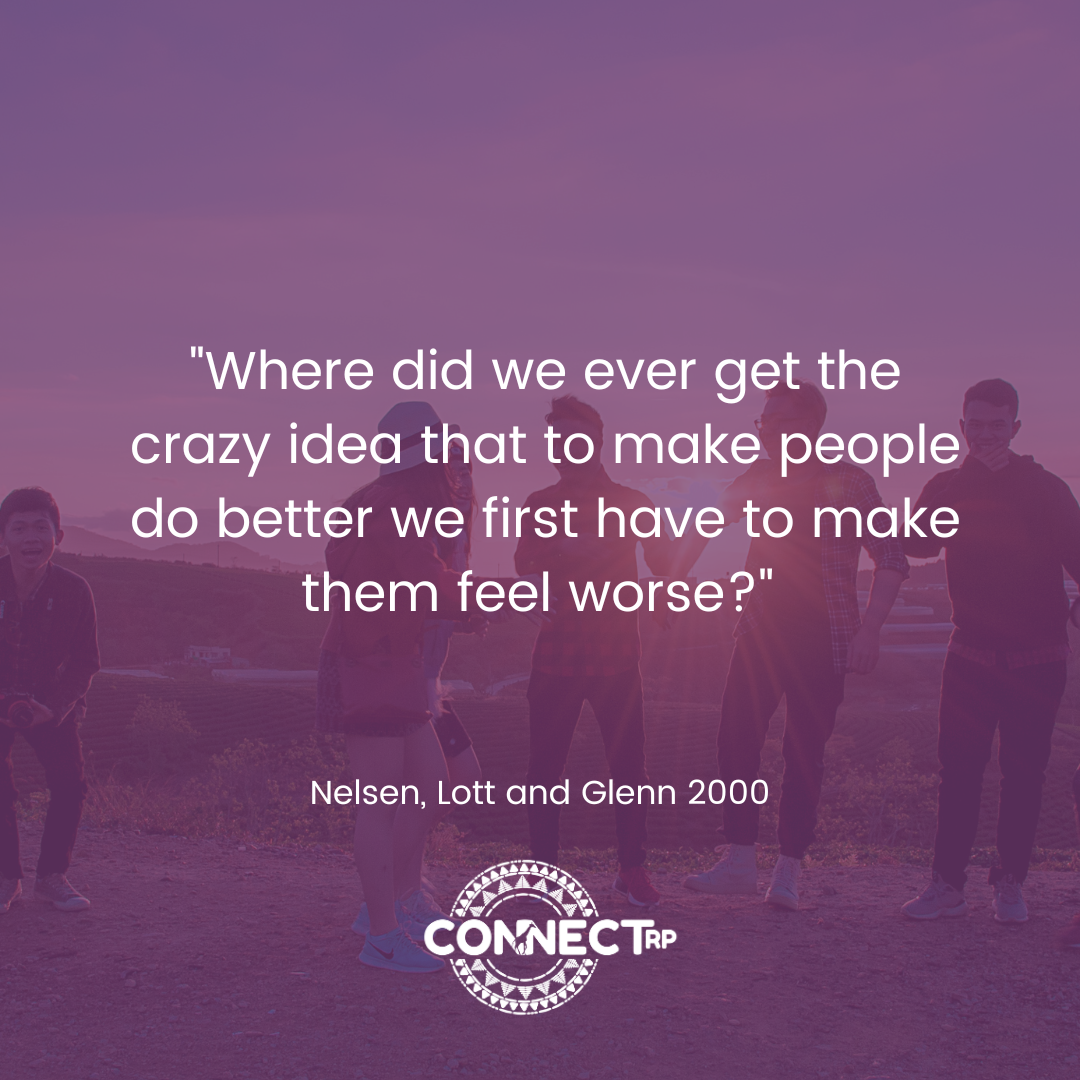
8. RP Solves all Our Problems
Absolutely not – nothing will! When we are dealing with human beings there is no tick the box guarantees, there is no magic formula. RP isn't about tips and tricks to get the kids to behave, there is no list to ensure 'success'. This is about relationships, it's about nurturing connection, empathy, safety and accountability and we can never underestimate the power of planting such seeds. But it can be really hard at times, especially when we are dealing with complex unmet needs and students that find it difficult to tolerate the risk of connection. It can be hard and it won’t guarantee success if we are defining that by compliance, but neither will a punitive approach otherwise we wouldn’t be dealing with a school to prison pipeline. Both a restorative and punitive approach can be hard so just pick your hard!
For me, a restorative approach echoes who I want to be in the world but it doesn’t solve all my problems, just offers a scaffold, compass and way of relational thinking to try to navigate them in community.
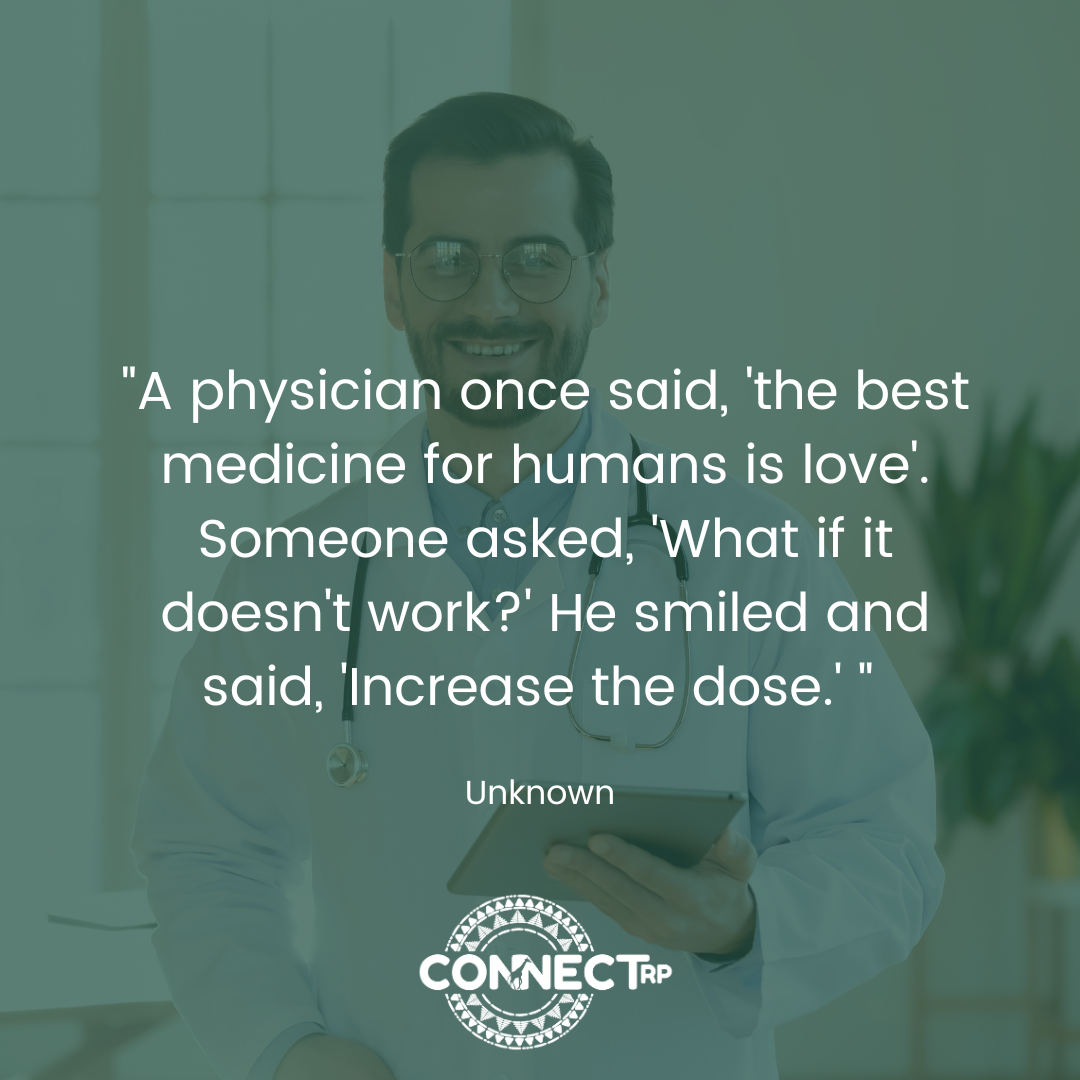
9. RP in Schools is All about Supporting 'Wrongdoers' Instead of 'Victims'
A zero-tolerance approach to bullying is very damaging because we tend to send the behaviour underground rather than identify or meeting the need driving the behaviour in the first place. People engaging with bullying behaviour then just get more astute around not getting caught. A restorative approach is also about giving everyone a seat at the table, empowering those that have been affected or harmed to acknowledge this and identify what they need to move forward – which is usually safety, a reassurance that the behaviour will stop. Removing a threat, through a suspension for example, is not the same as creating a sense of safety in the future when face to face with the person who has caused you harm. Suspensions are not the answer and an authentic restorative approach is voluntary fully-informed and usually more successful when part
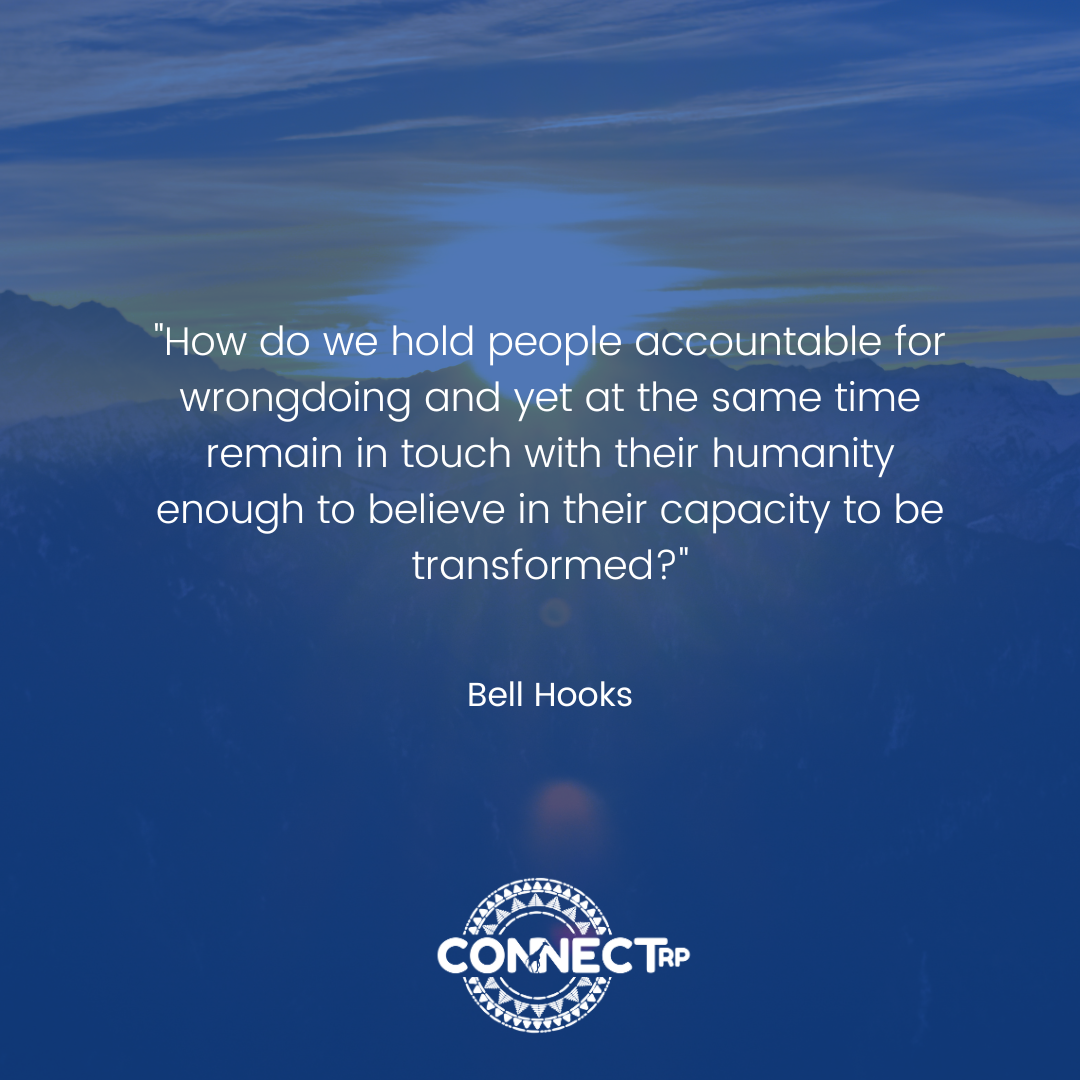
10. RP Only ‘Works’ if the Kids Behave or Change
We need to challenge the understanding that ‘kids behave if they want to’ versus ‘kids behave if they can’. So much of what we see as misbehaviour is when our students are dysregulated, in struggle, connection-seeking, or simply a dysfunctional way to cope in the moment, a pattern of survival in a classroom/world where we have past hurts. When I think about success, it is not defined through conformity and if we used this as our compass sure we would have abandoned detentions and suspensions a long time ago as so many of our students are continuously in that punitive revolving door but we don’t seem to say ‘ oh I tried that detention once and it didn’t “work”’ as readily as we may say ‘ I tried a restorative chat once and it didn’t “work”’. Success lies in liking who we are, modelling communication we’d like to see mirrored back, investing in relationships and living our values. It’s just a practice and what we practice grows stronger but building new capacities and skills can take time and intentional effort- how do we learn a language or indeed a second language By being emerged within it or by seeking opportunities to practise!
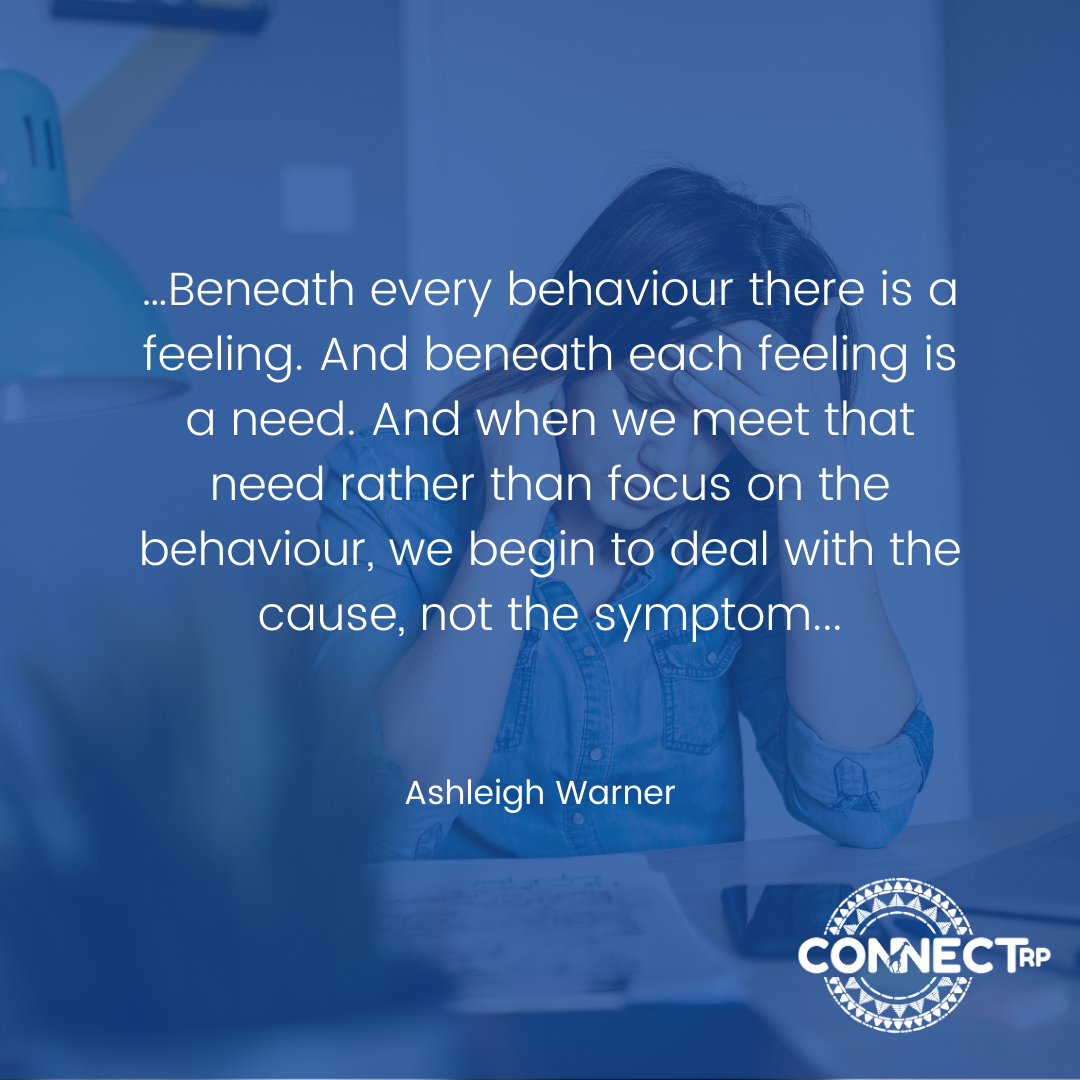
Do you want to get to know Restorative Practice better? Why not sign up to one of our Restorative Me plus workshops taking place over 2024.

